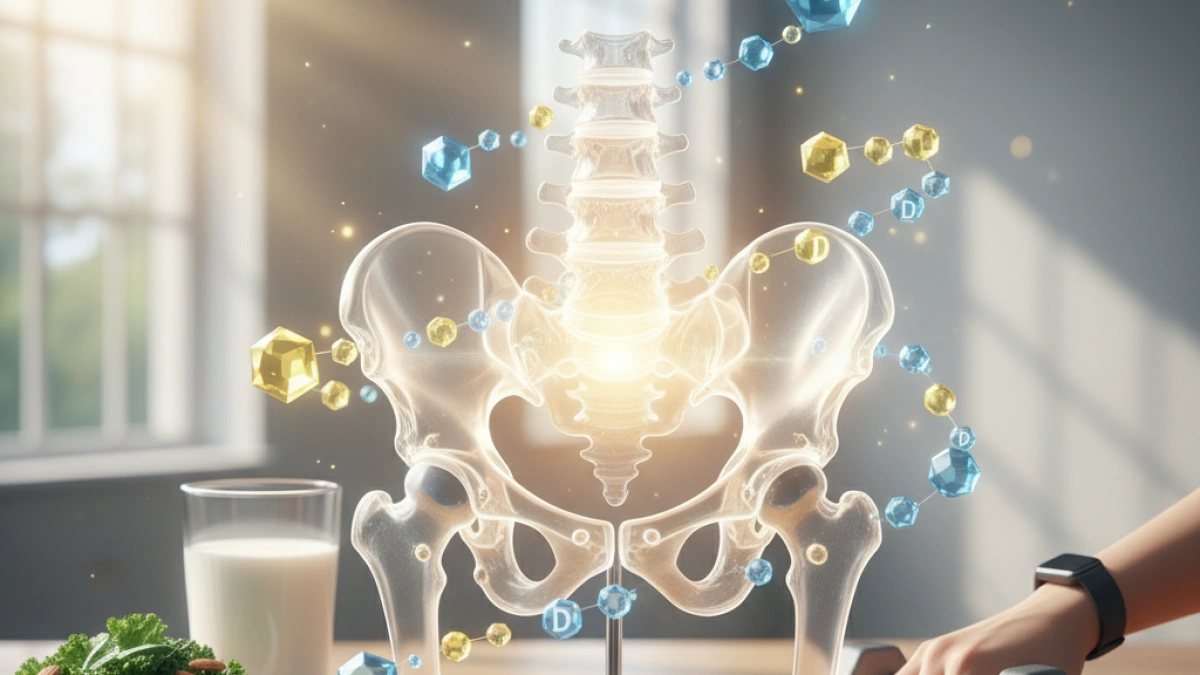How to maintain and improve bone health in adults

Bone health is a fundamental aspect that is often overlooked in adulthood. As we age, bones can become weaker and more susceptible to diseases such as osteoporosis. However, with some lifestyle changes and dietary habits, it is possible to maintain and improve bone health at any stage of life. Below, we will explore the main factors that contribute to bone well-being.
Importance of a Balanced Diet
Proper nutrition is key to strengthening bones. It is essential to include a variety of nutrients in the diet, especially those rich in calcium and vitamin D.
Sources of Calcium
Calcium is the most abundant mineral in bones, and its consumption is crucial for maintaining their strength. Some of the best sources of calcium include:
- Dairy products such as milk, yogurt, and cheeses.
- Leafy green vegetables like broccoli and kale.
- Fish with edible bones, such as sardines and salmon.
- Nuts, like almonds and walnuts.
Vitamin D
Vitamin D helps the body absorb calcium. Sun exposure is one of the main sources of this vitamin, but it can also be obtained through:
- Fatty fish like tuna and trout.
- Egg yolks.
- Fortified foods such as certain types of milk and cereals.
Regular Exercise
Physical activity is not only important for overall health but also plays a vital role in maintaining bone density. Regular exercise, especially weight-bearing and resistance training, helps to build and maintain healthy bone mass.
Recommended Types of Exercises
- Weight-bearing exercises: walking, running, dancing, or playing sports.
- Strength training: lifting weights or using resistance bands.
- Flexibility and balance: yoga and tai chi can help prevent falls, which is essential for maintaining bone health.
Healthy Habits
In addition to a good diet and exercise, certain habits can positively influence bone health.
Avoiding Tobacco and Alcohol
Smoking and excessive alcohol consumption can negatively affect bones. Smoking has been shown to increase the risk of osteoporosis, while consuming more than two alcoholic drinks a day can interfere with the body's ability to absorb calcium.
Read also
Maintaining a Healthy Weight
Being overweight or obese can put stress on bones, while being underweight also increases the risk of fractures. Maintaining an appropriate weight is essential for bone health.
Monitoring Bone Health
It is advisable for adults to have regular check-ups for bone health, especially if they have risk factors. Consulting with a physician about the possibility of bone density tests can help detect issues before they become serious problems.
Supplements
In some cases, calcium and vitamin D supplements may be needed, especially if the diet does not meet daily needs. It is always advisable to consult a healthcare professional before starting any supplementation.
Conclusion
Maintaining and improving bone health is a process that involves several factors, from a balanced diet and physical exercise to eliminating harmful habits. By paying attention to these aspects, adults can significantly contribute to the strength and integrity of their bones.
For more news on health and wellness, I invite you to explore more articles on my blog!











































